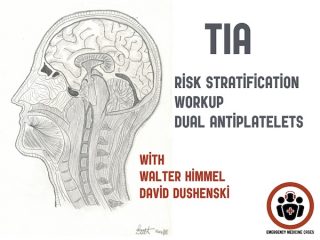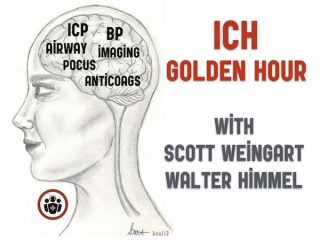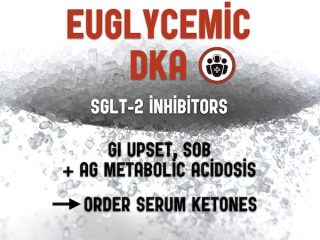EMU 365 Upper GI Bleed with Walter Himmel
Walter Himmel takes us through the resuscitation of a sick patient with an UGIB and the management priorities including blood products, antibiotics, TXA, octreotide, pantoprazole and endoscopy in this EMU 365 video...










